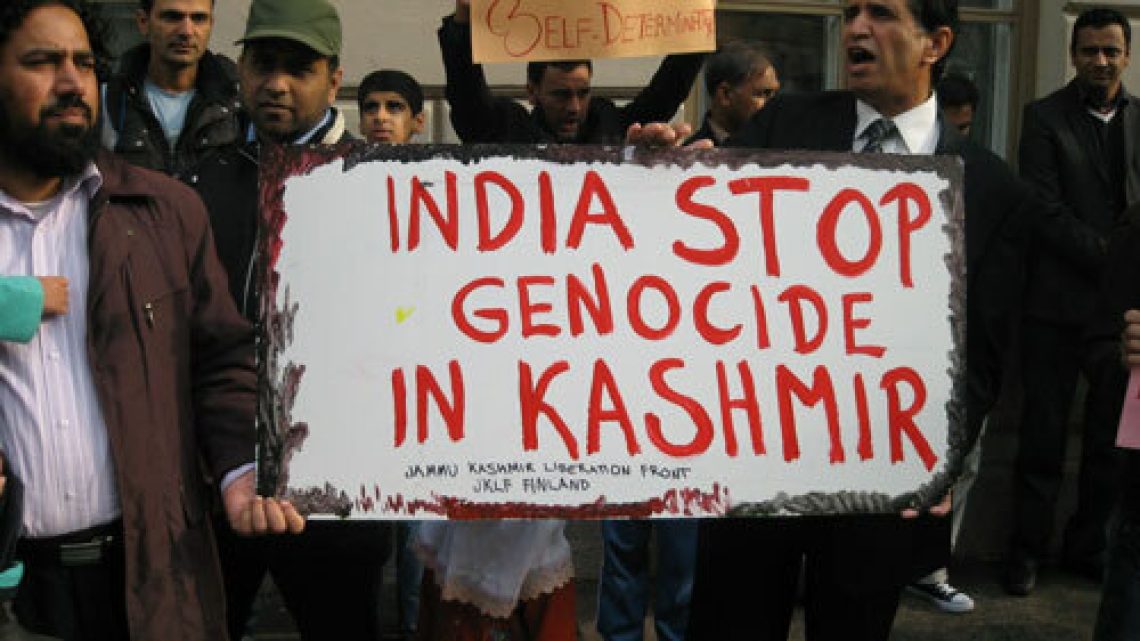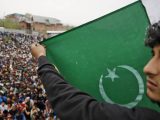
Never-ending Episodes of Indian Atrocities in IIOJK
July 19, 2024The region of Jammu and Kashmir has long been a flashpoint between India and Pakistan, with its status being contested since the partition of British India in 1947. The area, rich in natural beauty and strategic significance, has become synonymous with conflict and suffering. Indian Illegally Occupied Jammu and Kashmir (IIOJK) has been a site of severe human rights violations and atrocities committed by Indian security forces, worsening the dilemma of the local population.
Since the illegal occupation of Jammu and Kashmir by India, the region has been engulfed in turmoil. The situation deteriorated dramatically after August 5, 2019, when the Indian government abrogated Article 370 of the Indian Constitution, revoking the special status of Jammu and Kashmir. This unilateral action was met with widespread condemnation and resistance from the Kashmiri populace. In response, the Indian government deployed additional troops to the region, imposed a severe lockdown, and cut off communications, effectively isolating Kashmir from the rest of the world.
The lockdown imposed by the Indian authorities resulted in significant human suffering. Basic human rights were severely curtailed, with reports of arbitrary arrests, enforced disappearances, and torture emerging from the region. Thousands of Kashmiris, including political leaders, activists, and ordinary citizens, were detained without due process. The prolonged communication blackout prevented families from contacting their loved ones and hampered the flow of information, creating a climate of fear and uncertainty.
One of the most shocking aspects of the Indian occupation has been the use of excessive force against civilians. Indian security forces are involved in brutal tactics, including the use of pellet guns, which have caused widespread injuries and blindness among protestors and bystanders. Reports from various human rights organizations, including Amnesty International and Human Rights Watch, have documented numerous instances of extrajudicial killings, custodial deaths, and sexual violence committed by security personnel. These acts of violence have not only violated international human rights norms but have also deepened the alienation and resentment among the Kashmiri people.
The Indian government has justified its actions in IIOJK by claiming they are necessary to combat terrorism and maintain national security. However, this narrative has been challenged by the local population and international observers, who argue that the draconian measures have only served to aggravate the conflict. The suppression of civil liberties and political dissent has undermined any prospects for a peaceful resolution and has fueled further unrest.
The economic impact of the occupation has also been devastating. The lockdown and continuous curfews have crippled the local economy, leading to significant losses in tourism, handicrafts, and agriculture, which are the backbone of the Kashmiri economy. Unemployment and poverty have surged, compounding the suffering of the people.
The international community has a critical role to play in addressing the situation in IIOJK. Despite numerous resolutions passed by the United Nations calling for the right of self-determination for the people of Jammu and Kashmir, the issue remains unresolved. Global powers and human rights organizations must exert pressure on the Indian government to end its repressive policies and engage in meaningful dialogue with all stakeholders to achieve a peaceful solution in accordance with UN Resolutions on Kashmir.

